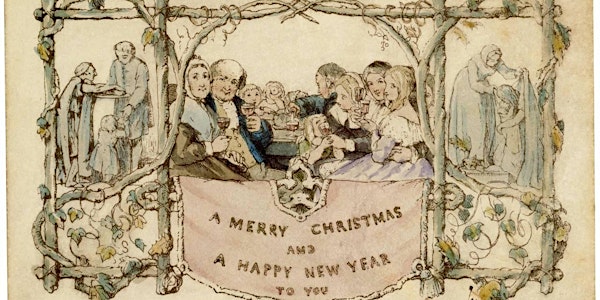
Mistletoe and More
4 weekly mainly light-hearted, on-line talks, about a plant-related Christmas: Tues @ 10 starting December 1st, £5 each or all 4 for £16.
By The Gardens Trust
Date and time
Tue, 1 Dec 2020 02:00 - 03:30 PST
Location
Online
Refund Policy
Contact the organiser to request a refund.
About this event
Organised by
The Gardens Trust is the UK national charity dedicated to protecting our heritage of designed gardens and landscapes. We campaign on their behalf, undertake research and conservation work, train volunteers and encourage public appreciation and involvement, working with the national network of County Garden Trusts.
Please join or donate to support us: http://thegardenstrust.org/support-us/
For details of our privacy policy see: http://thegardenstrust.org/privacy-cookies/